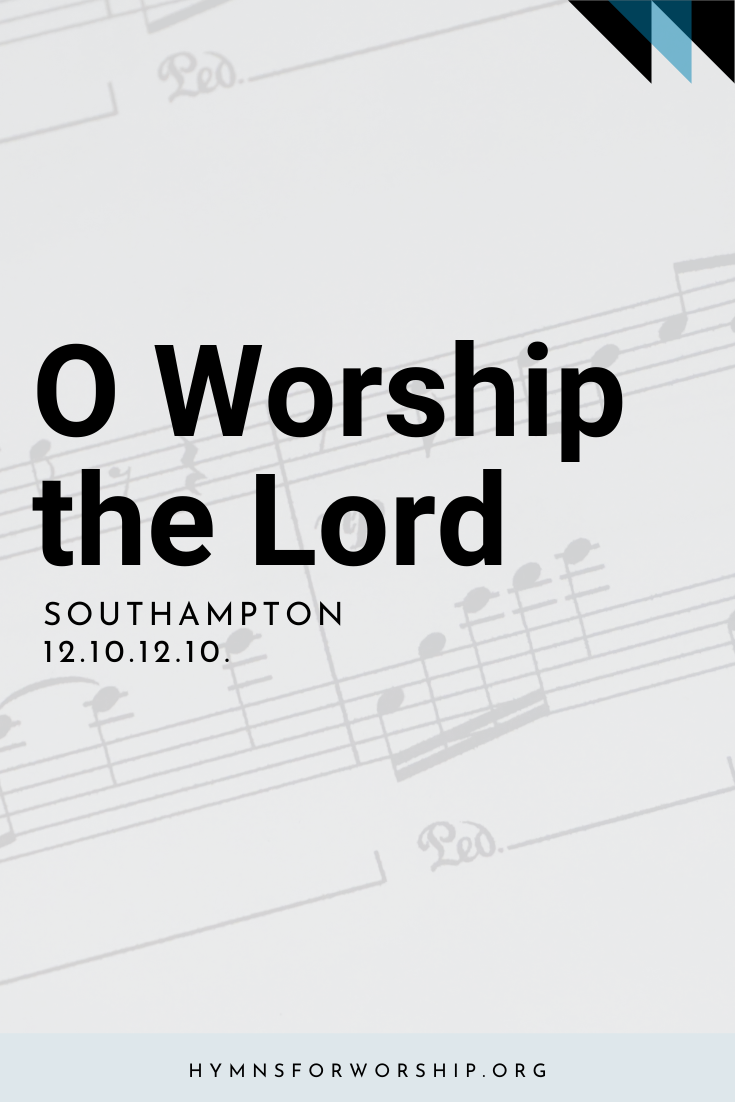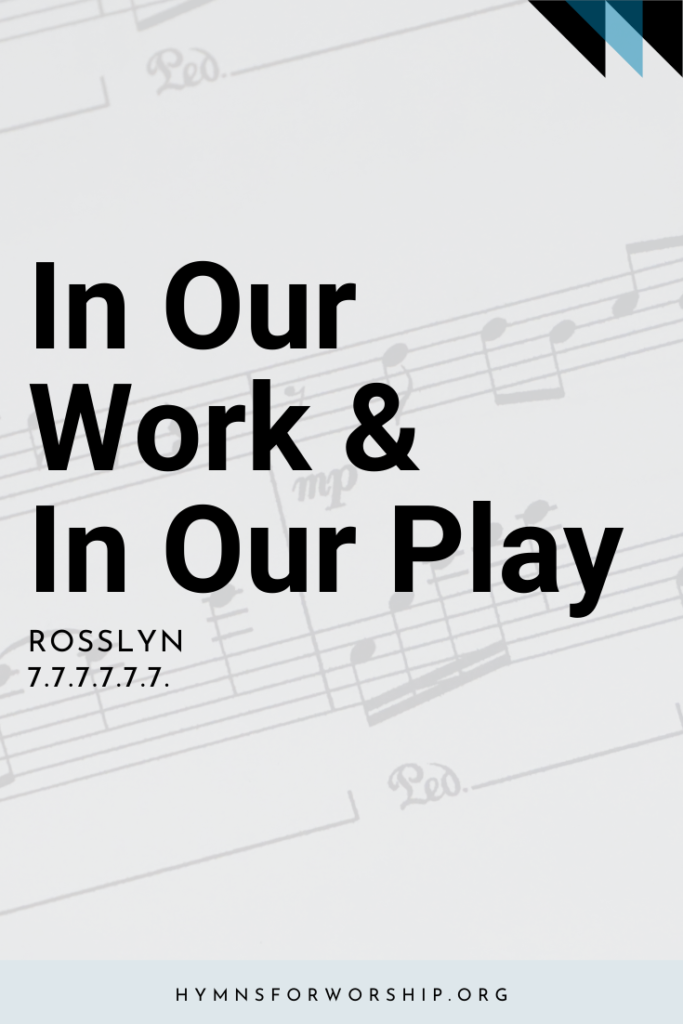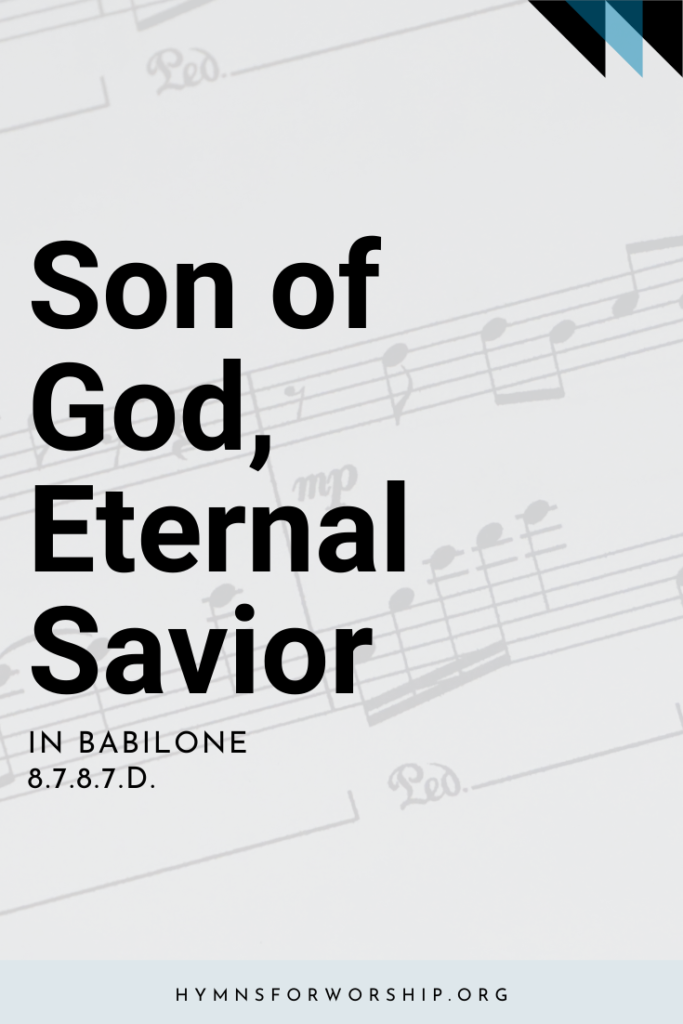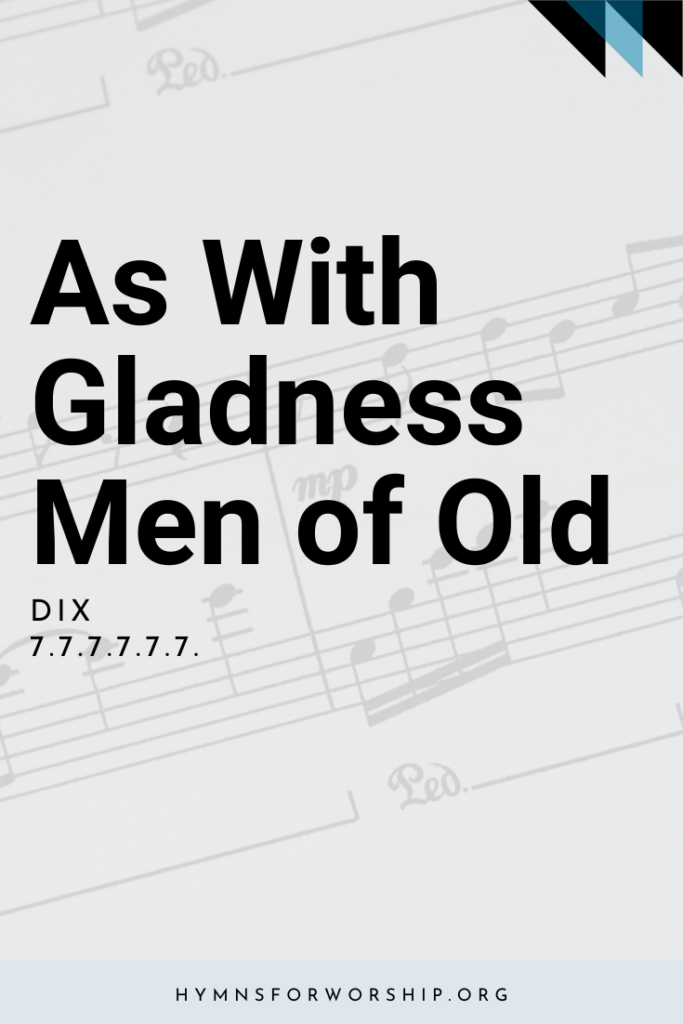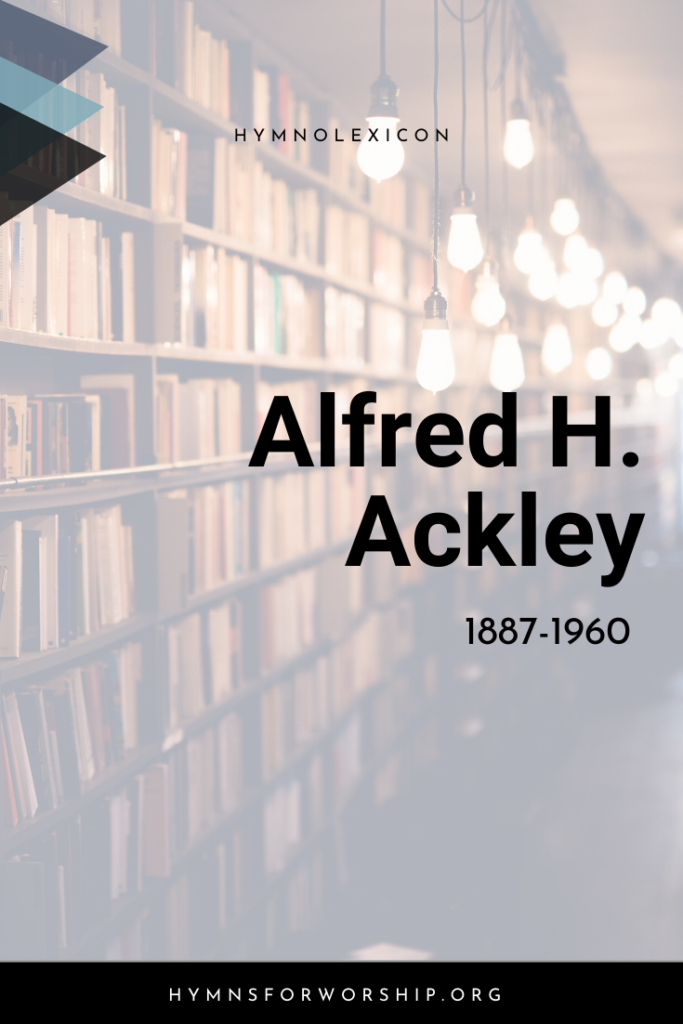WORSHIP >> Adoration & Praise
SDAH 6
O worship the Lord in the beauty of holiness,
Bow down before Him, His glory proclaim;
With gold of obedience, and incense of lowliness,
Kneel and adore Him: the Lord is His name.
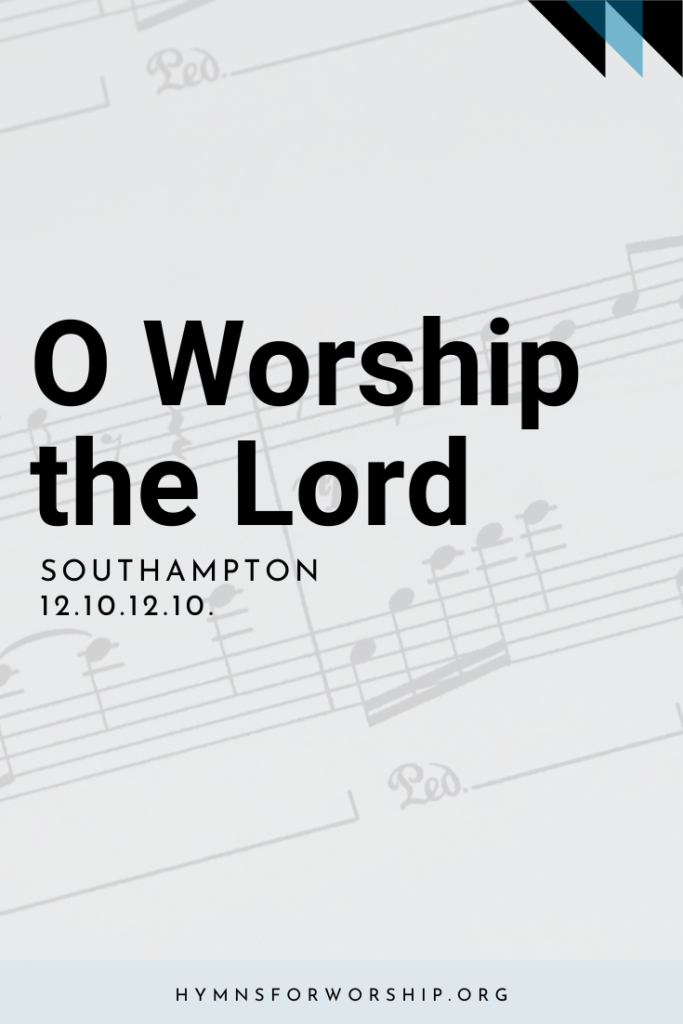
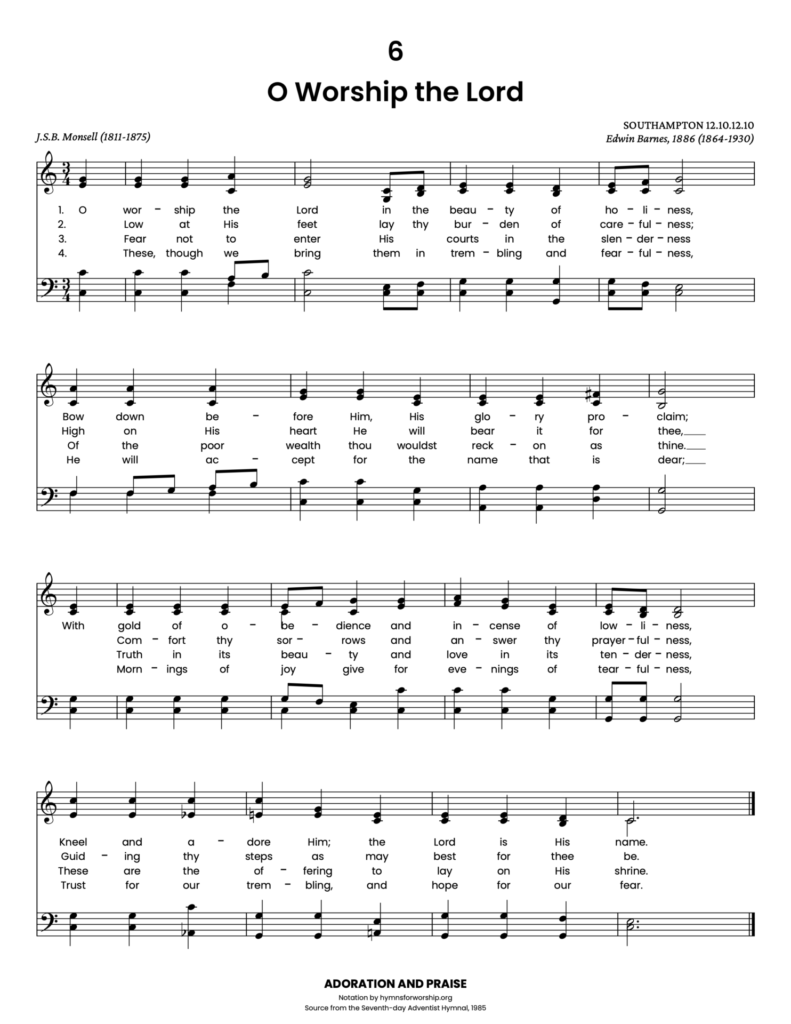
Get the hymn sheet in other keys here
For Worship Leaders
Make each hymn more meaningful with these helpful tools: Short, ready-to-use hymn introductions for church bulletins, multiple ways to introduce a hymn based on your worship theme and in-depth history and insights to enrich your song service.
Hymn Spotlight: O Worship the Lord
A hymn of reverence and joyful devotion, O Worship the Lord was written in 1861 by John Monsell, originally for Epiphany, the celebration of the Wise Men’s visit to Jesus. Inspired by Psalm 96:9—“O worship the Lord in the beauty of holiness”—the hymn beautifully connects the gifts of the Magi with the offerings of the Christian life: “Gold of obedience, and incense of lowliness.” Even sorrow, represented by myrrh, is seen as a worthy gift when offered in faith.
Monsell, a Church of England minister and poet, was passionate about congregational singing, urging worshippers to sing with “more fervor and joy.” He penned nearly 300 hymns, including “Fight the Good Fight” (SDAH 613), before his untimely death in 1875 after a fall from his church’s roof during reconstruction.
The tune, SOUTHAMPTON, was composed by Edwin Barnes (1864–1930), a gifted Seventh-day Adventist musicianwho played a key role in early Adventist hymnody. Originally featured in Hymns and Tunes (1886), this melody remains uniquely part of SDA hymnals, making this pairing a special treasure in Adventist worship tradition.
As we sing today, may we bring our own gifts of obedience, humility, and devotion, just as the Wise Men did—worshipping our King in the beauty of holiness!


Text
1
O worship the Lord in the beauty of holiness,
Bow down before Him, His glory proclaim;
With gold of obedience, and incense of lowliness,
Kneel and adore Him: the Lord is His name.
2
Low at His feet lay thy burden of carefulness,
High on His heart He will bear it for thee,
Comfort thy sorrows, and answer thy prayerfulness,
Guiding thy steps as may best for thee be.
3
Fear not to enter His courts in the slenderness
Of the poor wealth thou wouldst reckon as thine;
Truth in its beauty, and love in its tenderness,
These are the offerings to lay on His shrine.
4
These, though we bring them in trembling and fearfulness,
He will accept for the name that is dear;
Mornings of joy give for evenings of tearfulness,
Trust for our trembling, and hope for our fear.

Hymn Info
Biblical Reference
(a) 1 Chron 16:29, Matt 2:11 (d) Ps 30:5
Author
J.S.B. Monsell (1811-1875)
Hymn Tune
SOUTHAMPTON
Metrical Number
12.10.12.10.
Composer
Edwin Barnes (1864-1930)
Year Composed
1886
Theme

